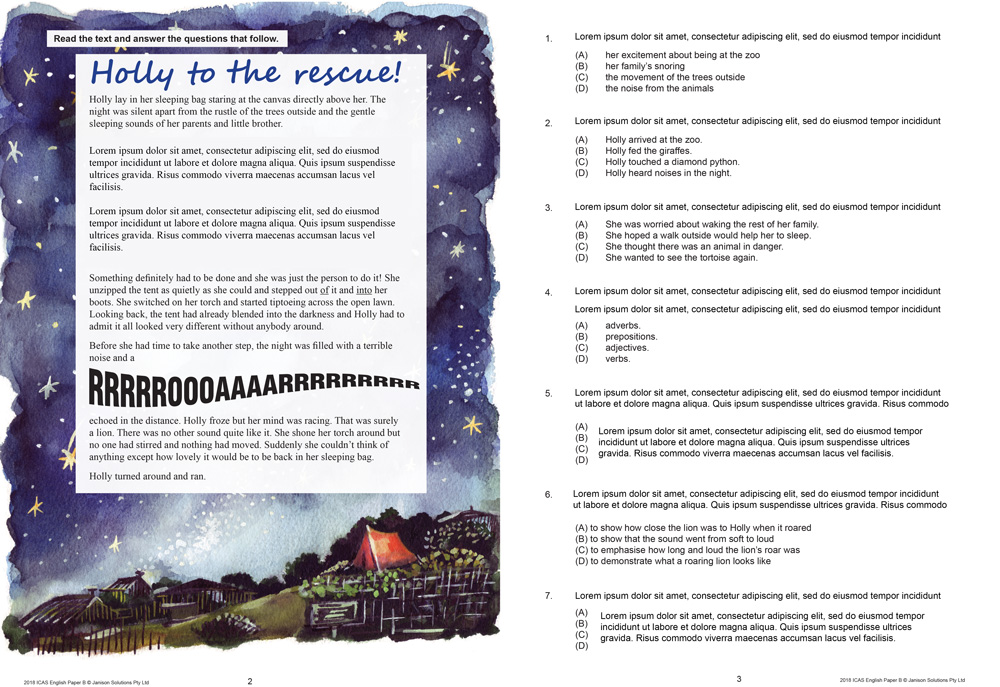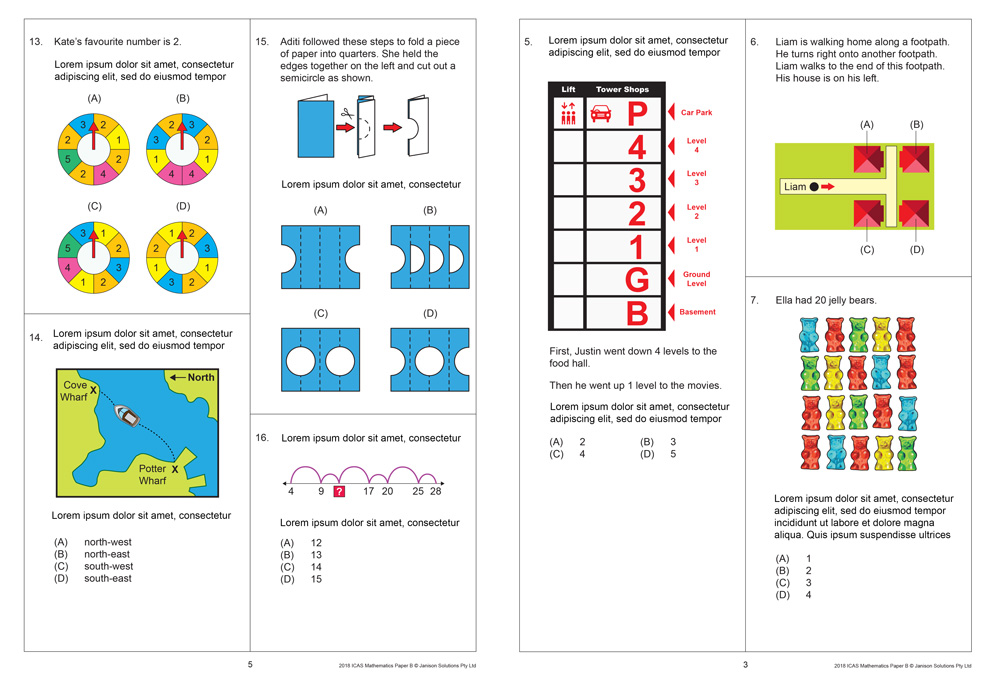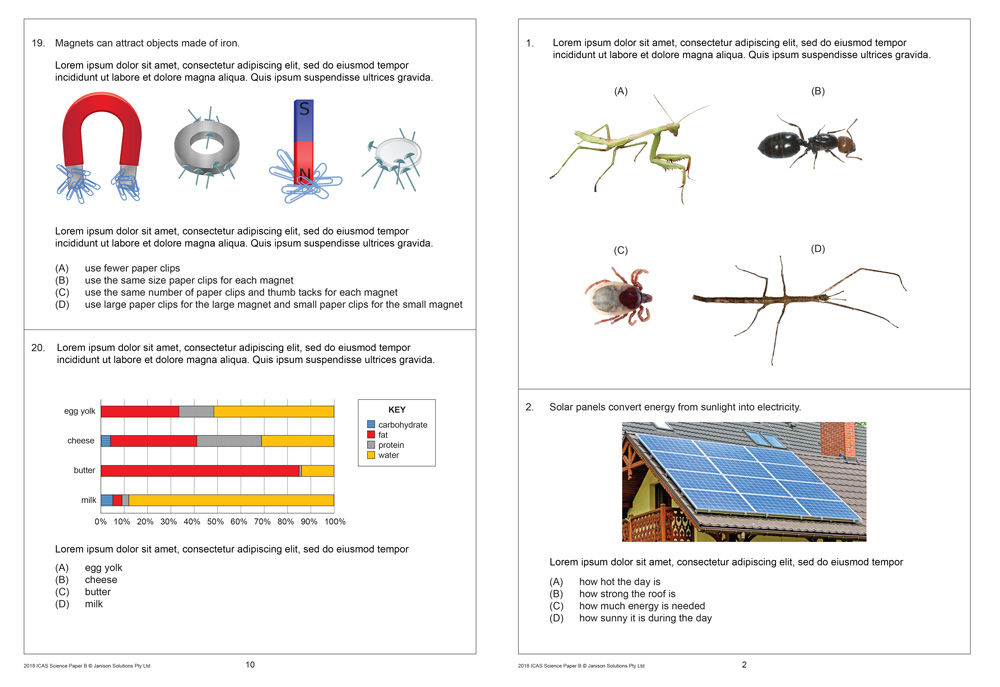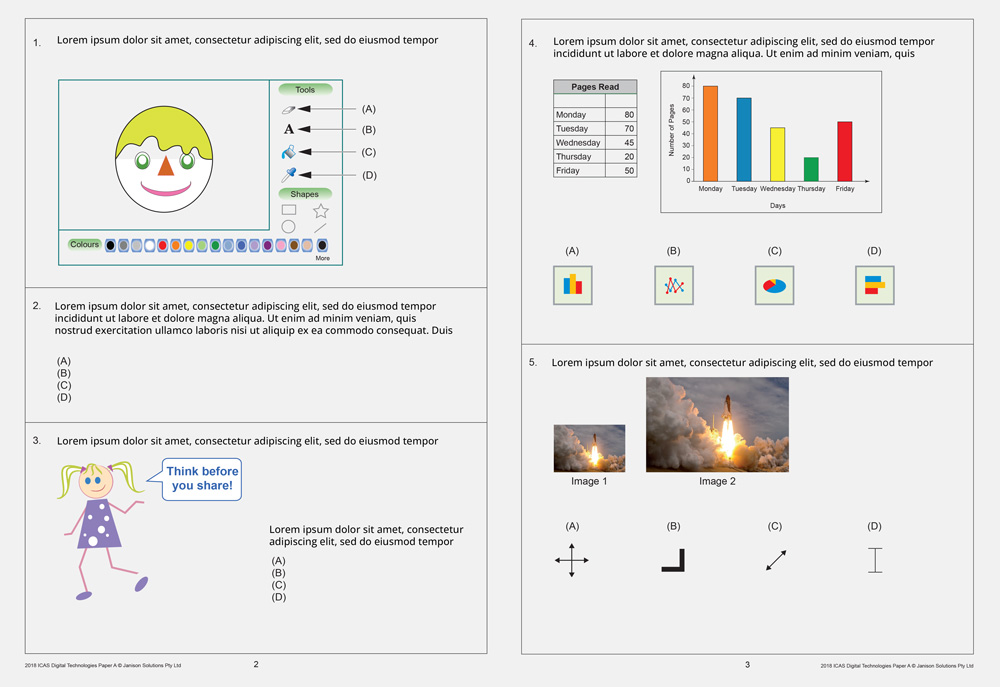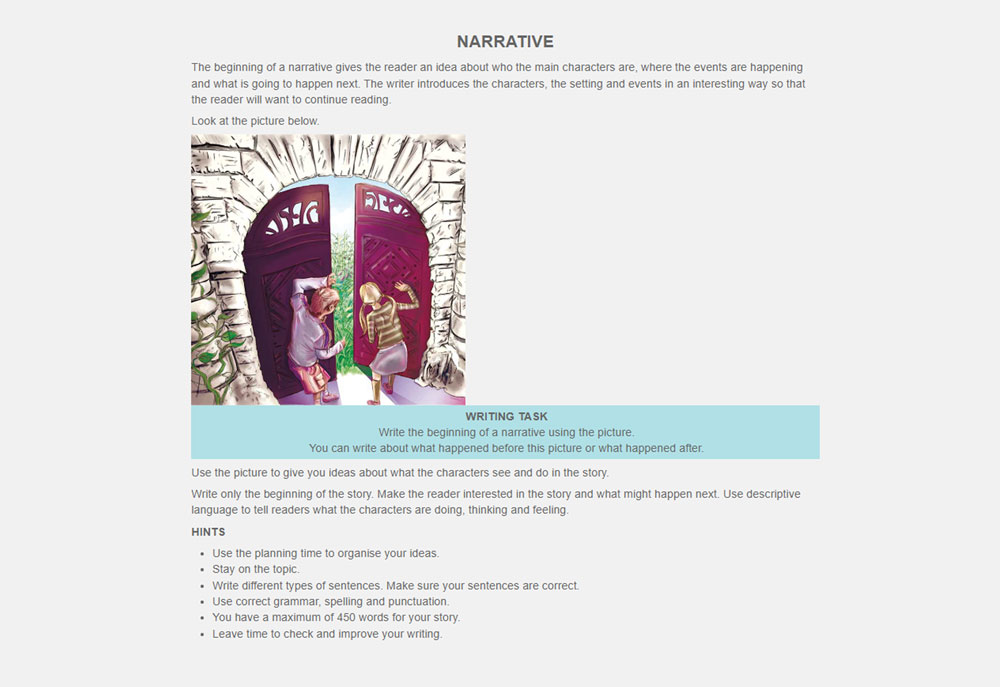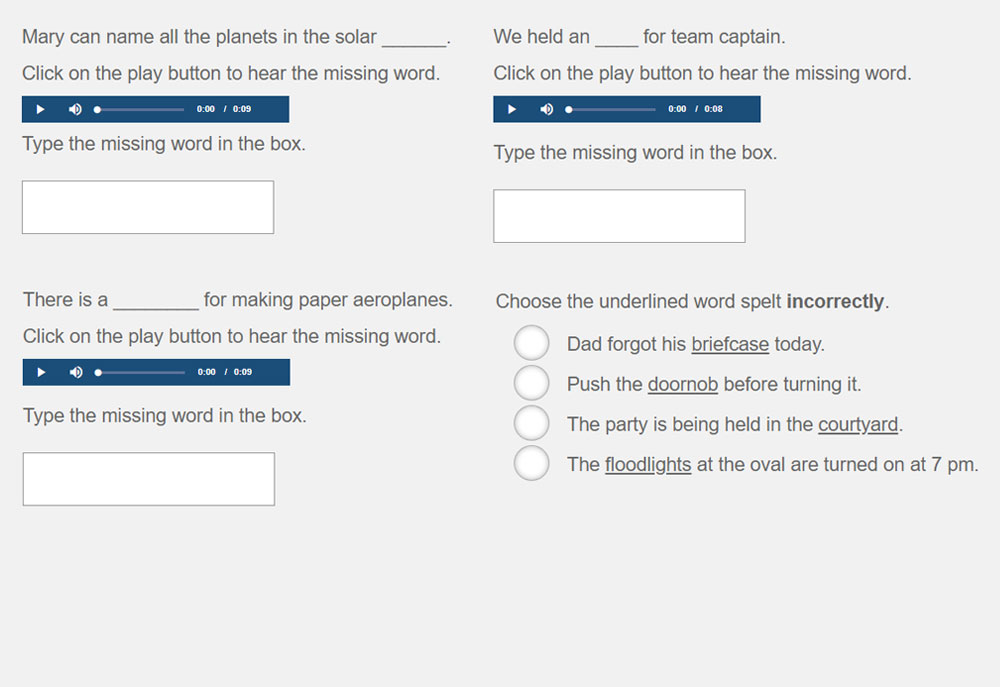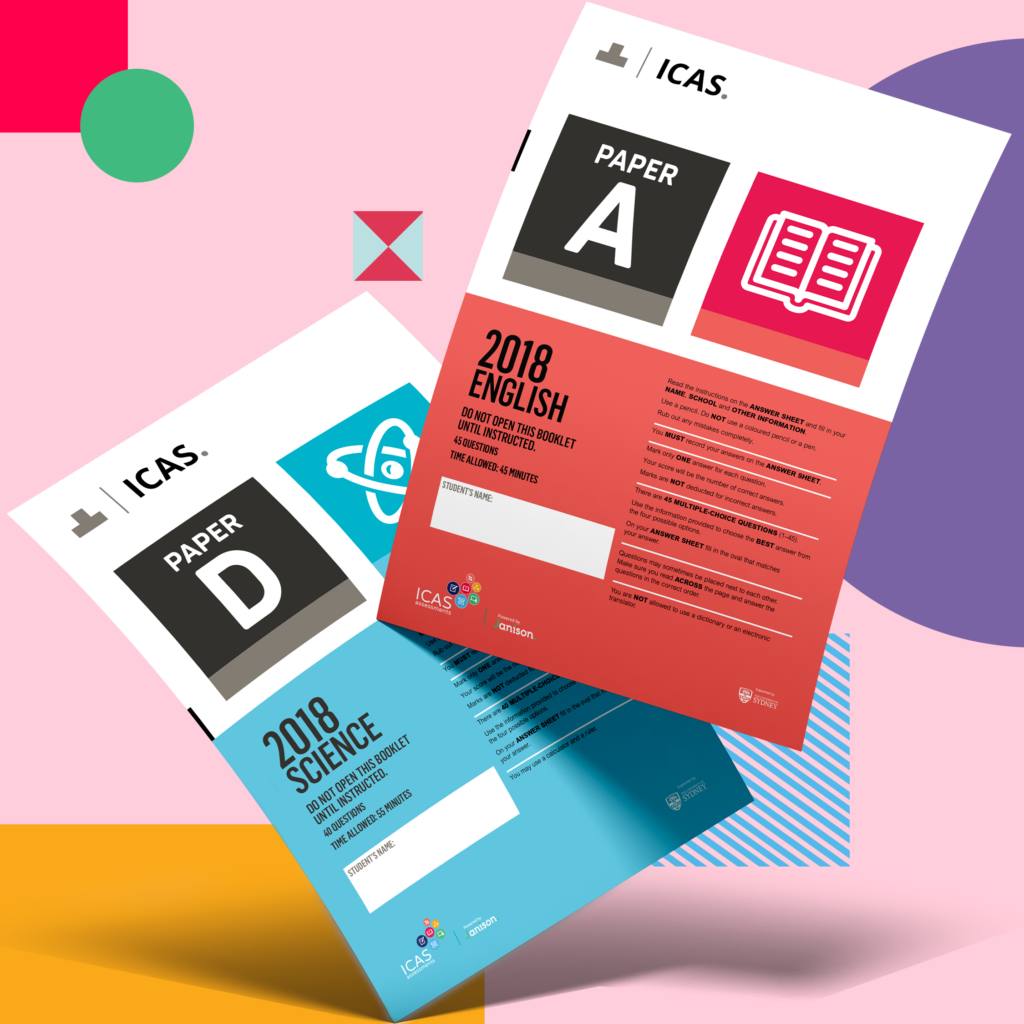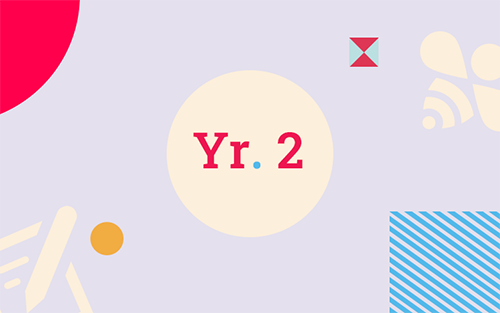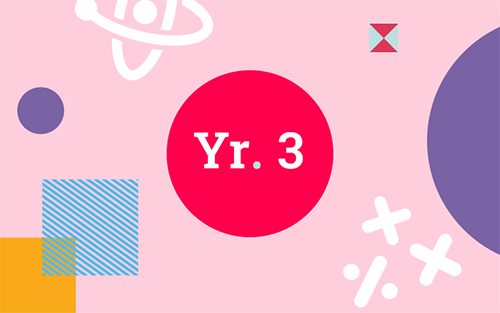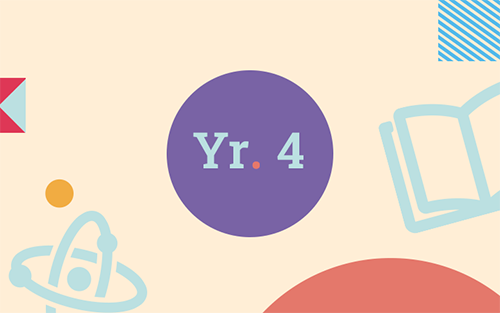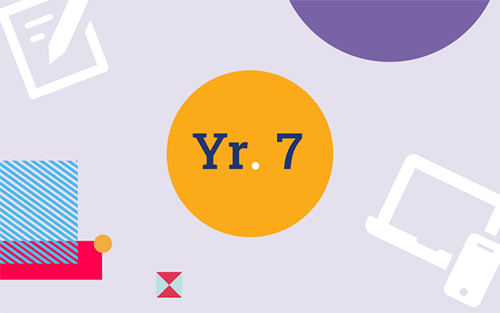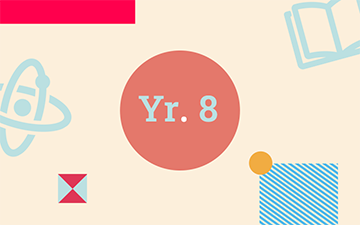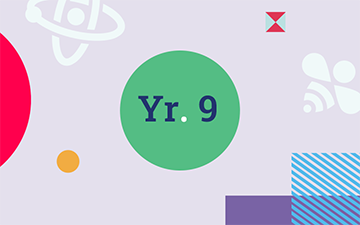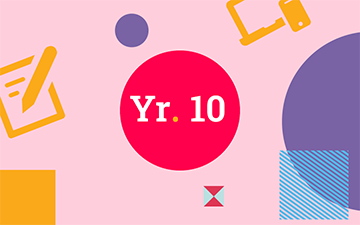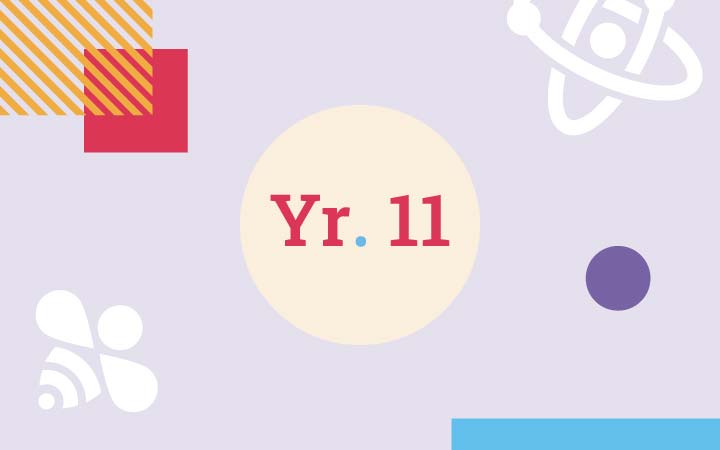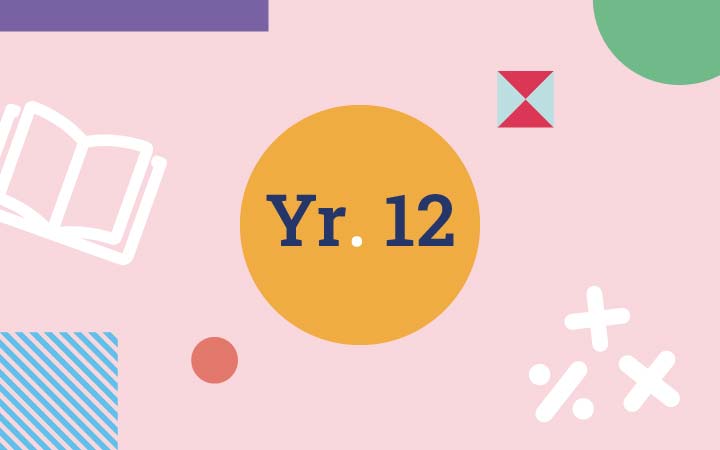ICAS Year 4 test


Measure your students' abilities
Get rich insights into the learning needs of your Year 4 students with ICAS – the internationally-recognised academic competition.
In addition to motivating and rewarding your students, you’ll get a clear breakdown of their strengths and weaknesses and have a better idea of which skill areas to focus on from the curriculum.
ICAS Year 4 tests are created by education measurement experts, psychometricians and experienced teachers. Together, they create the challenging tests that put so many students through their paces every year.
Get valuable student insights from the ICAS Year 4 tests
Identify students' strengths and weaknesses, marked with “S” and “W” in the results report.
Discover which students need extra attention, and which may need extra work.
Determine whether you need to create new gifted and talented classes or support classes.
Find out which direction your students’ performance is trending.
Discover how your students compare against their fellow classmates and the rest of the school.
Find out whether your students’ skill level is below grade, at grade, or above grade.
ICAS Year 4 test subjects
The ICAS test papers differ for every year. You can find out the correct version for the Year 4 competition on this page.
The Year 4 test for ICAS English asks students to read a variety of texts, before asking them to identify, understand, and analyse key aspects. They may be asked to summarise the writer’s argument, identify a pronoun referent, explain the purpose of a rhetorical question, and more.
The goal is to test their text comprehension, writer’s craft, syntax knowledge, and vocabulary – crucial English skills.
The Year 4 assessment for ICAS Mathematics covers the following skill areas:
- Chance & data
- Number & arithmetic
- Algebra & patterns
- Space & geometry
- Measures & units
Students may be required to compare whole numbers, solve simple fraction problems, use metric units in the correct context, identify axes of symmetry, and more.
The Year 4 competition for ICAS Science is all about testing students key scientific skills, which includes the ability to observe and measure, interpret results, predict and conclude, investigate phenomenon, and reason/problem solve what happens during experiments.
These skill areas are tested on topics such as Earth & beyond, energy & change, natural & processed materials, and more.
The Year 4 exam for Digital Technologies aims to test the following critical areas for the subject:
- Word processing
- Graphics & multimedia
- Programming
- General skills
- Internet & email
- Spreadsheets & databases
Students may be expected to print documents, manipulate graphics, use internet bookmarks, present data is specific formats, and more.
The Year 4 assessment for ICAS Writing tests students in two essential skill areas:
- Persuasive writing – students are expected to produce a persuasive piece of writing, which could be in the form of an argument, an advert, a campaign manifest, or another format.
- Narrative writing – students are required to create multiple narrative-type pieces, such as the beginning of a story, a description of a setting or a character portrayal.
The evaluation of this work is based on genre, textual grammar and syntax/punctuation criteria.
Year 4 exam for Spelling Bee is made up of roughly 40 words of varying difficulty – from simple words like “who” to tough words like “restaurant.”
The goal is to test a variety of knowledge types related to spelling:
- Visual knowledge
- Phonological knowledge
- Morphological knowledge
- Etymological knowledge
Practise Year 4 ICAS with past papers
The ICAS competition is tough, and you can help your students prepare with our past papers. They’re the most genuine way to practise for the tests, with former questions and answers from previous competitions.
